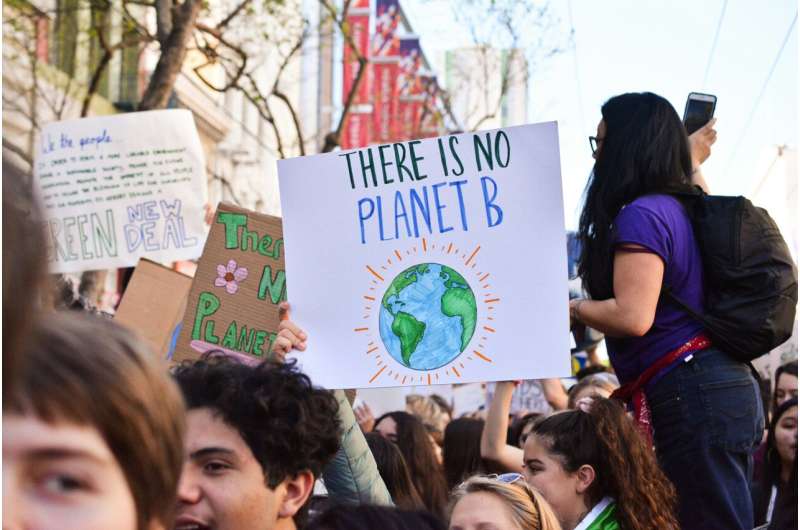A new survey by Griffith University’s Climate Action Beacon has shed light on Australians’ attitudes towards climate change and their actions (or lack thereof) to address this pressing global issue. While Australians are well aware of the reality of climate change and its threats, especially to the iconic Great Barrier Reef, the cost-of-living crisis appears to have dampened their enthusiasm for urgent climate action. This blog post examines the survey’s key findings and explores the complex factors influencing Australians’ climate change perceptions and behaviors.

Australians’ Concern for Climate Change and the Great Barrier Reef
The survey found that most Australians (71%) believe climate change poses an immediate threat to the Great Barrier Reef, a national treasure that is deeply intertwined with the country’s identity. In fact, half of the respondents strongly agreed that the Reef is part of their Australian identity. However, only 30% were optimistic about the future of the Reef, and 26% expressed fear when hearing about climate-related damage to this iconic ecosystem.
This heightened concern for the Reef is not surprising, as the survey consistently found that Australians with firsthand experience of natural disasters or adverse climatic events demonstrated a greater understanding of climate change, increased awareness, and more pro-environmental behaviors. This suggests that tangible impacts can serve as a wake-up call, driving people to take climate action more seriously.
The Influence of the Cost-of-Living Crisis on Climate Attitudes
While Australians are strongly supportive of the need to address climate change, the survey found that those impacted by the cost-of-living crisis seem less enthusiastic about taking immediate climate action. Only 1% of respondents indicated they are not at all concerned about the cost of living, and a large majority (84%) reported being moderately, greatly, or extremely concerned about this issue.
This finding suggests that the immediate financial pressures faced by many Australians have taken priority over long-term environmental concerns. As Associate Professor Sameer Deshpande noted, “Australians can perceive climate change as disaster events and miss the significance of everyday actions like recycling and repurposing, reducing consumption, considering diet changes, walking or using public transport, planting trees and so on.” The challenge lies in communicating the importance of these individual and household-level actions, even in the face of pressing economic challenges.
The Importance of Urgent and Widespread Climate Action
The survey’s key takeaway is that while Australians are well aware of the reality of climate change, the urgency and importance of immediate action has not yet fully resonated. As Dr. Karlien Paas noted, “The immediate task at hand is to communicate that climate change requires urgent action now—and critically, that any action individuals—and the governments they vote for—take now, is consequential.”
To drive meaningful and sustained climate action, it is crucial to emphasize the tangible impacts of climate change, both locally and globally, and to highlight the collective responsibility and efficacy of individual and household-level behaviors. By fostering a sense of shared duty and empowerment, Australians can be motivated to take proactive steps to address the climate crisis, even amidst pressing economic concerns. Ultimately, the survey underscores the need for a multi-pronged approach that combines clear communication, government leadership, and community engagement to ensure a more robust and urgent climate response from Australians.
